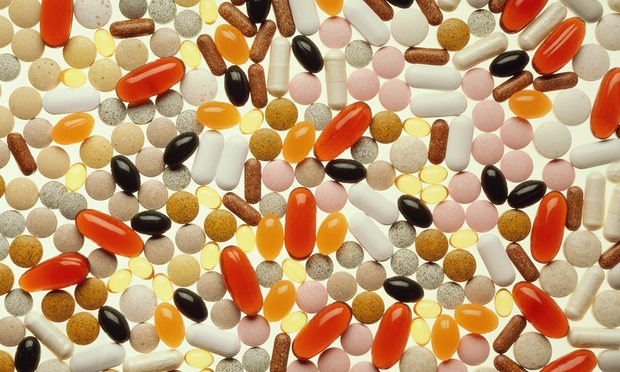We spend a fortune on vitamins and painkillers in the UK; about ?362m on each a year. And a new report by industry analysts shows that, for the first time in a decade, sales of vitamins have risen above those of painkillers. Theories accounting for the growing demand for supplements include our hectic modern lifestyle, awareness of healthy living and an ageing population. This implies that we have no time to eat real food, think we need to boost vitamin intake to be healthy and that the elderly are suckers for products promising pain-free joints and eternal youth. But, even if we don't believe all the marketing hype, are vitamin and mineral supplements good for us?

Many of us will have lowish vitamin D levels after a long winter and the health implications are unclear. NHS Choices recommends that everyone over 65 and people who don't get much sun take a small daily supplement. Pregnant women and people whose diet is very restricted (such as alcoholics and some vegans) need expert dietary advice. Some people can't absorb vitamins from food because of gut surgery or damage from conditions such as Crohn's disease. Vitamin deficiencies can result in serious health problems such as rickets (vitamin D), scurvy (vitamin C) or severe anaemia (B12 and folate). A simple blood test organised by your GP will diagnose most of these.
译文属可可原创,仅供学习交流使用,未经许可请勿转载











